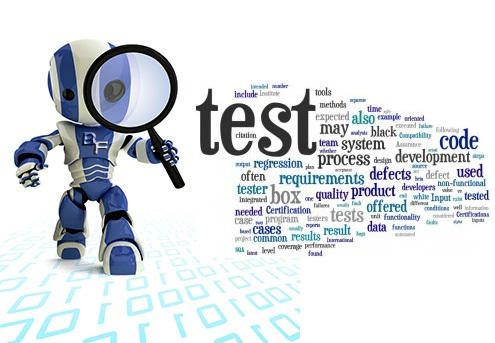
QA Team It’s difficult to ensure multiple teams differing skill sets work collectively, focused on the end goal instead of just their aspect of the project. Each team has their role to play, Business Analysis are focused on needs, fit for purpose, technology considerations, scalability etc, whilst creative own the brand and visual-design aspects. It’s great to have such skilled resources, and dedication, but if we fail to see the bigger picture, then the end result can be substandard, and a poor outcome for the client. This is where the opportunity for collaborative development is crucial.
Quality products and outcomes are always founded on a base of strong quality assurance, even if that means work is checked by someone who is not a subject-matter expert such as a QA (Quality Assurance) Analyst – where the project is large enough to warrant such test cycles. In smaller projects, strong consideration for quality assurance in a team by team level is an effective method of maintaining great outcomes.
Create a QA Checklist for those outside the QA team
Many of our projects include QA cycles during stages of the build, such as at Design, FED (Front End Development) and Prototyping. This is how we ensure we are providing professional web development services to our clients. If a project isn’t large enough for in build test cycles, we apply well tested, comprehensive QA checklists that individual teams can run from, to guarantee quality. Of course with such projects, they all then must pass through our QA team for full & final testing before going live.
It is these checklists that we have spent years developing, updating and refining that help our teams to work collaboratively, working toward the end goal – a stable, reliable, bug free website, mobile app, of software app. Each team member makes use of a specific test sheet/checklist, being responsible for checking his or her own work, but the list is also available to the entire team at the beginning of each project with the expectation that the entire team is responsible for success and failure across all specialties.
Quality standards across each group are known at the beginning of a project by each person who can contribute to seeing it through.Quality Assurance
Understand Various Skill sets and Specialties
Of course to be truly effective when checking work, our QA staff need to be familiar with a particular specialty other than their own. That doesn’t need they need to be experts at everything they are checking, but at the least they need to understand at a high level all of the technologies we work on as a business, and what the idiosyncrasies are that they will likely encounter with each. We achieve this through internal training, workshops, job shadowing and presentations.
QA is everyone’s job, not just the QA team. And it’s this mindset that puts the customer, and overall solution first, giving it the best chance of success.





